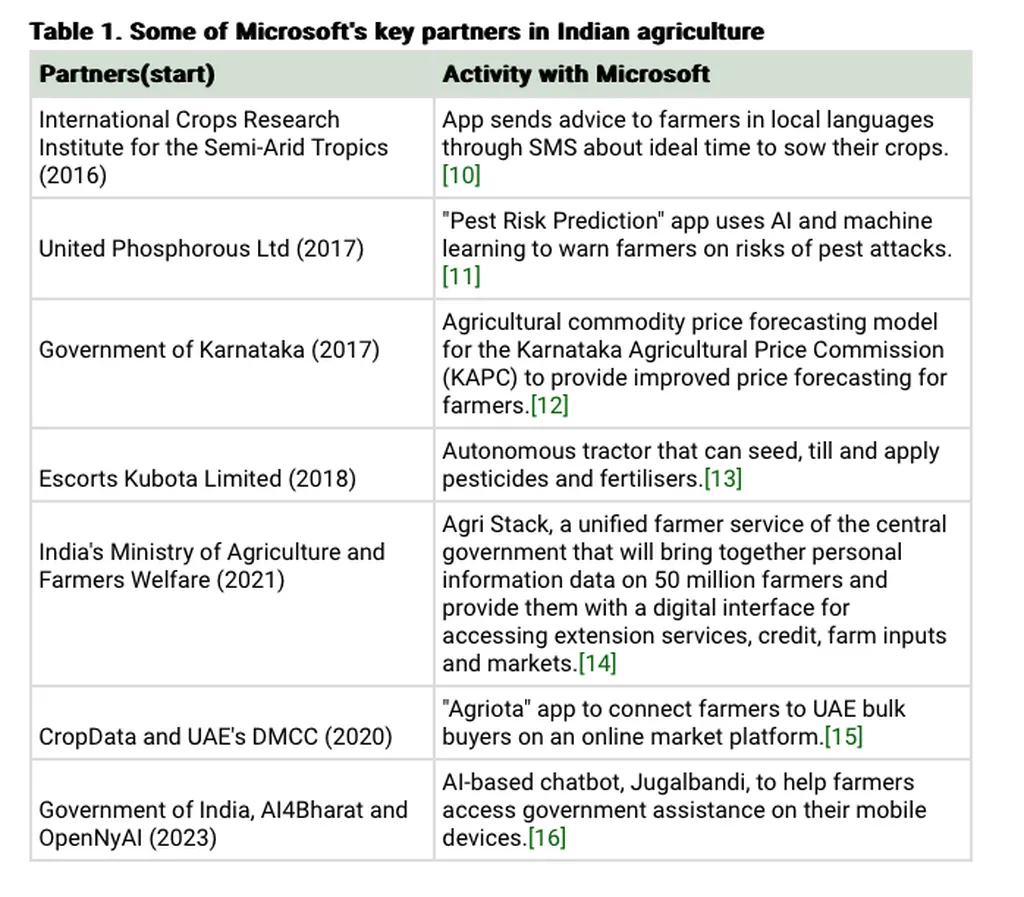In the heart of Bulgaria’s agricultural sector, a financial revolution is quietly brewing, and it’s not just about the traditional tools farmers have relied on for generations. A recent study published in *Икономика и управление на селското стопанство* (Economics and Management of Agriculture) sheds light on the evolving landscape of agricultural financing, revealing both the challenges and opportunities that lie ahead. Led by Daniel Petrov from the Institute of Agricultural Economics at the Agricultural Academy in Sofia, the research offers a fresh perspective on how farmers can secure the capital they need to thrive in an increasingly competitive market.
For decades, Bulgarian farmers have turned to self-financing, subsidies, and bank loans to keep their operations afloat. However, Petrov’s study, which surveyed 60 agricultural producers, paints a nuanced picture of these traditional financing mechanisms. Self-financing, for instance, provides farmers with autonomy and control but often falls short when it comes to large-scale investments. “Self-financing gives us the freedom to make decisions without external pressures, but it’s not always enough to fund major expansions or technological upgrades,” noted one farmer participating in the survey.
Subsidies, a lifeline for many, come with their own set of challenges. While they offer crucial financial support, administrative complexity and restrictive conditions can make them difficult to access. Bank loans, another staple of agricultural financing, remain a vital source of funding but are often out of reach due to high collateral requirements and interest rates. “Banks are cautious about lending to farmers because of the perceived risks, and the interest rates can be prohibitive,” explained Petrov. “This creates a significant barrier for those looking to invest in their operations.”
But perhaps the most intriguing aspect of Petrov’s research is its exploration of innovative financing tools, particularly Security Token Offerings (STOs) and blockchain tokenization. These cutting-edge financial instruments have the potential to revolutionize agricultural financing by attracting global capital and reducing transaction costs. However, the study found that awareness and adoption of these tools among Bulgarian farmers remain low. “The potential of blockchain and STOs is enormous, but many farmers are still unaware of these options or how they can benefit from them,” Petrov observed.
The study’s findings underscore the need for a diversified financing strategy that combines traditional and innovative instruments. Petrov recommends simplifying subsidy application procedures, making bank loans more accessible, and increasing farmers’ awareness of alternative financing methods. Enhancing regulatory frameworks and digital financial platforms could also improve access to capital and drive agricultural modernization.
As the agricultural sector continues to evolve, the insights from Petrov’s research could shape future developments in financing. By embracing a mix of traditional and innovative tools, farmers can secure the capital they need to compete in a global market. For the energy sector, which increasingly relies on agricultural products for biofuels and other renewable energy sources, this could mean a more stable and sustainable supply chain. The future of agricultural financing is not just about planting seeds; it’s about nurturing them with the right financial tools to grow and thrive.

